Tritoons and pontoon boats have gained significant popularity in the boating world, offering versatile and enjoyable experiences for leisure and recreational activities on the water. Both types of boats have their unique features and advantages, which can make choosing between them a challenging decision.
This article aims to provide a comprehensive comparison of tritoons and pontoon boats, exploring their differences in design, performance, handling, and suitability for various activities. By delving into the characteristics of each boat type, boaters can make an informed decision based on their preferences, intended use, and boating requirements.
Understanding Pontoon Boats
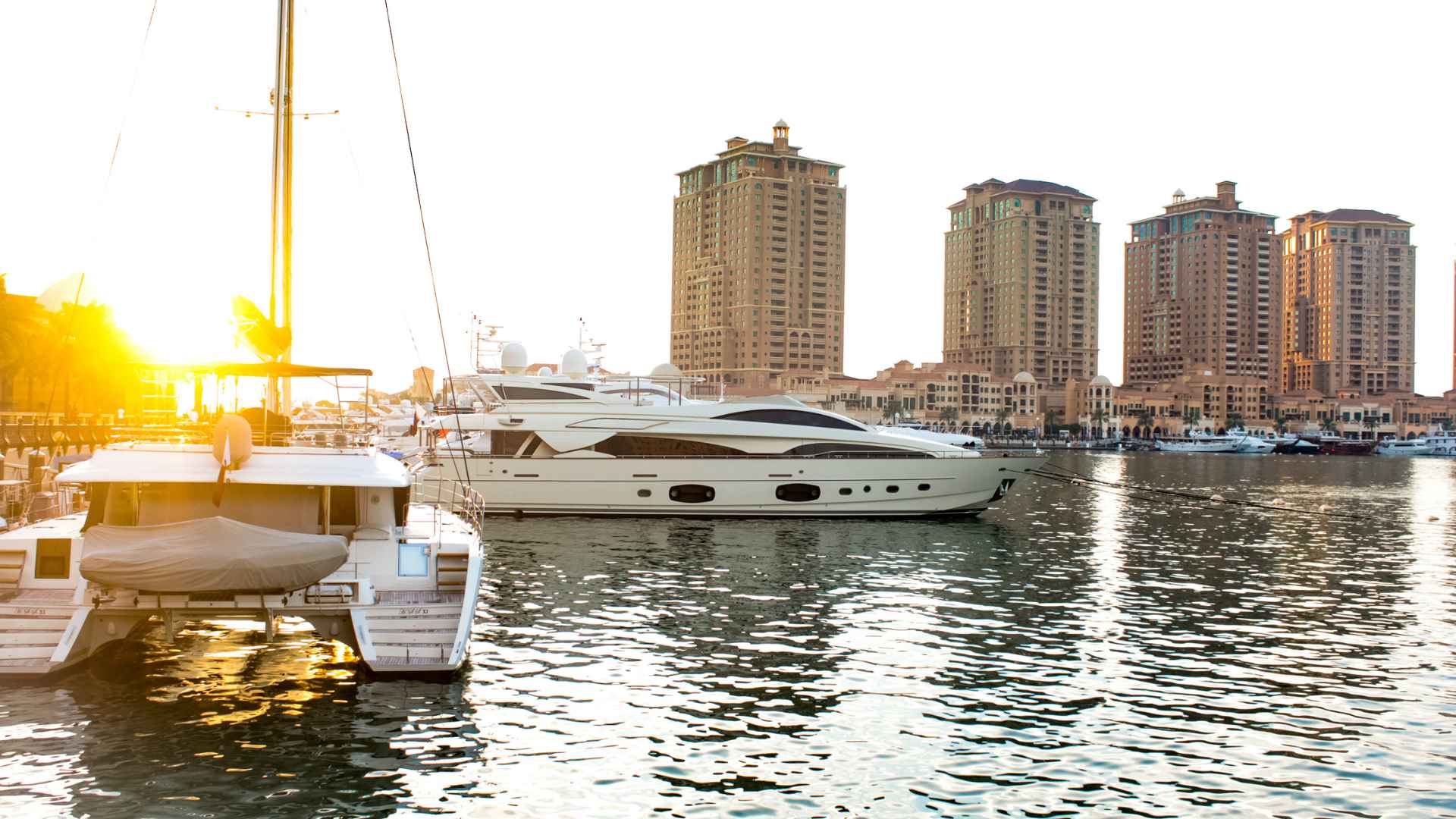
Pontoon boats are recreational watercraft that are known for their stability, spaciousness, and versatility. They feature a flat deck that rests on top of two or more buoyant pontoons (tubes) that provide buoyancy and support. The deck of a pontoon boat is typically made of aluminum or fiberglass and offers ample space for seating, lounging, and storage.
One of the key advantages of pontoon boats is their versatility. They are well-suited for a wide range of activities, including cruising, fishing, watersports, and entertaining. The open deck layout allows for flexible seating arrangements and customization options, making it easy to accommodate large groups of people or create designated spaces for specific activities.
The stability of pontoon boats is another notable feature. The buoyant pontoons provide excellent stability on the water, minimizing rocking and ensuring a smooth ride. This stability makes pontoon boats a popular choice for families and those who prefer a comfortable and safe boating experience.
Furthermore, pontoon boats offer easy access to the water, making swimming, diving, and water activities more convenient. Many pontoon boats also come equipped with amenities such as built-in tables, loungers, sun decks, and even water slides, enhancing the overall boating experience.
Overall, pontoon boats are highly versatile and suitable for leisurely cruising, fishing trips, watersports, and entertaining friends and family on the water. Their spaciousness, stability, and customizable features make them an attractive option for boaters seeking comfort, relaxation, and a wide range of recreational activities.
Introducing Tritoon Boats
Tritoons, as the name suggests, are a variation of pontoon boats that feature three pontoons instead of the traditional two. This additional pontoon enhances the performance, stability, and handling of the boat.
The third pontoon is typically located in the center, between the two outer pontoons. It provides extra buoyancy and support, which results in improved stability and weight distribution. The tritoon design allows for better weight carrying capacity, making it suitable for larger boats or boats that require higher weight capacity.
One of the key advantages of tritoons is their enhanced stability on the water. The additional pontoon increases the overall surface area in contact with the water, reducing the boat’s rocking and improving stability even in rougher conditions. This stability is particularly beneficial for activities such as watersports, where stability is crucial for maintaining balance and control.
Tritoons also offer improved handling and performance compared to traditional pontoon boats. The additional pontoon reduces drag and increases lift, allowing tritoons to achieve higher speeds and more efficient fuel consumption. Tritoons are known for their ability to handle turns and maneuvers more smoothly, providing a sportier and more responsive boating experience.
Furthermore, tritoons often come with more powerful engines and performance-oriented features such as lifting strakes or planing hulls. These features contribute to better acceleration, improved handling in choppy waters, and an overall more dynamic boating experience.
While tritoons offer enhanced stability, handling, and performance, they may come at a higher price point compared to traditional pontoons. They also require larger storage space and may have limitations in terms of accessibility in shallow or narrow waterways. However, for those seeking a more exhilarating and capable boating experience, tritoons provide a compelling option.
In summary, tritoon boats offer improved stability, handling, and performance due to their three-pontoon design. They are ideal for boaters who prioritize water sports, faster cruising speeds, and a sportier overall boating experience.
Stability and handling characteristics of Tritoon and Pontoon boats.
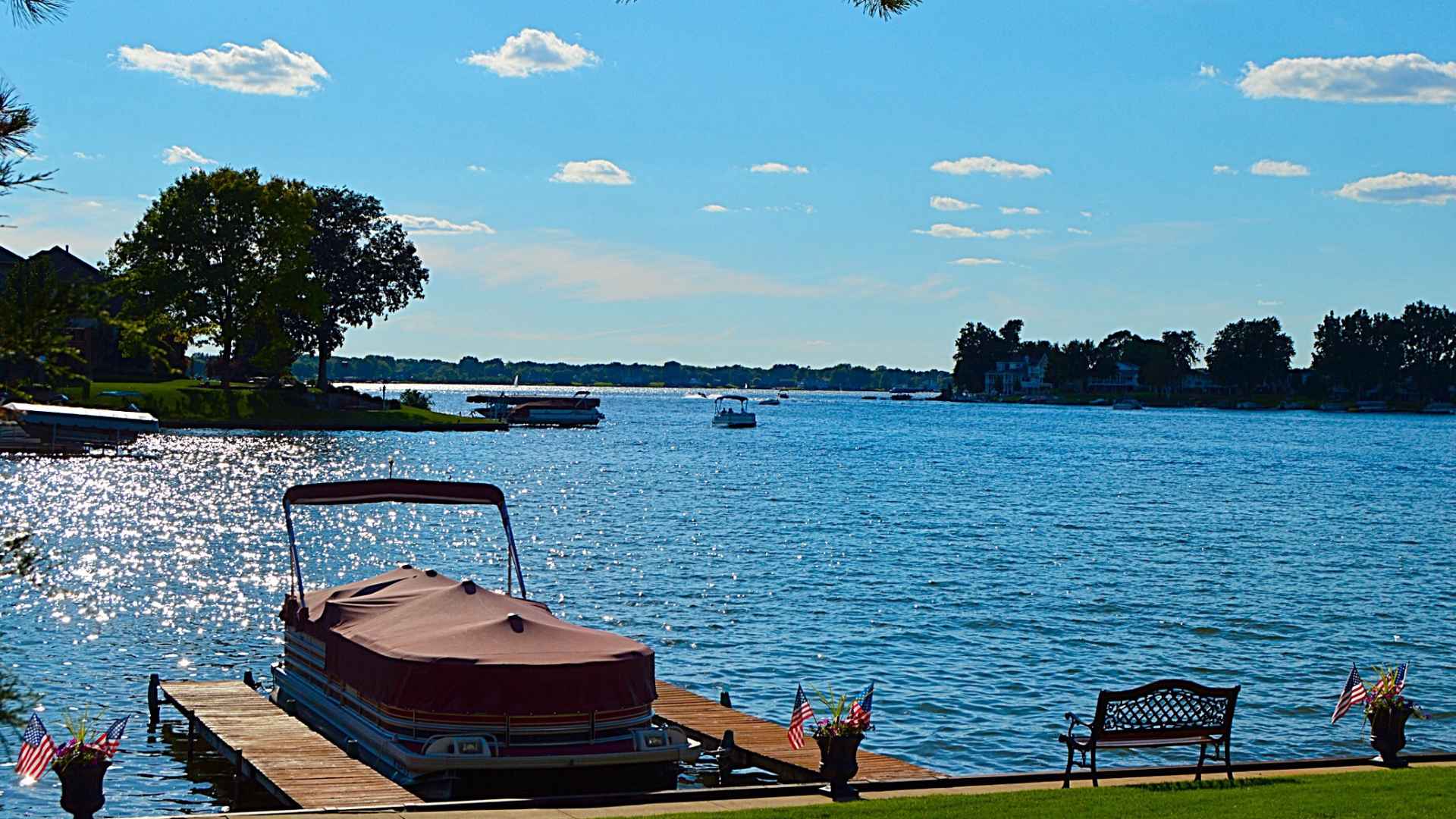
When comparing stability and handling, tritoon boats have distinct advantages over traditional pontoon boats. The additional pontoon in tritoons significantly enhances stability, reducing side-to-side rocking and improving the overall balance of the boat. This increased stability is particularly noticeable in rougher water conditions, where tritoons maintain a more steady and comfortable ride.
The three-pontoon design of tritoons provides a broader base of support and reduces the likelihood of tilting or leaning to one side. This feature is especially beneficial for activities such as entertaining guests, fishing, or simply enjoying a smooth ride on the water. It offers a more stable platform, allowing passengers to move around the boat without compromising stability or feeling uneasy.
In terms of handling, tritoons generally offer improved maneuverability and control compared to pontoon boats. The additional pontoon, along with design features like lifting strakes or planing hulls, helps tritoons cut through the water with greater ease and precision. This allows for sharper turns and more responsive handling, giving boaters a greater sense of control and agility on the water.
The combination of enhanced stability and improved handling makes tritoons suitable for a variety of activities, including water sports, cruising, and even more adventurous maneuvers. They provide a more dynamic and enjoyable boating experience, allowing boaters to navigate through tight spaces, make quick turns, and maintain better control in various water conditions.
On the other hand, pontoon boats, while still providing a stable and comfortable ride, may not offer the same level of stability and maneuverability as tritoons. Their two-pontoon design can result in slightly more side-to-side rocking and reduced agility during turns. However, pontoon boats excel in their spaciousness, versatility, and suitability for leisurely activities like fishing, entertaining, and relaxing on the water.
In summary, tritoons offer enhanced stability with reduced rocking and improved balance due to their three-pontoon design. They also provide better handling and maneuverability, allowing for sharper turns and more precise control. Pontoon boats, while still stable, may not match the same level of stability and agility as tritoons but excel in their spaciousness and versatility for a range of leisure activities.
Performance and speed capabilities of Tritoon and Pontoon boats.
When comparing the performance and speed capabilities, tritoon boats typically have an advantage over traditional pontoon boats. One of the key factors contributing to this difference is the higher horsepower ratings commonly associated with tritoons. The three-pontoon design of tritoons allows for more powerful engines to be installed, resulting in increased speed and performance on the water.
Tritoons are designed to handle higher horsepower engines, enabling them to achieve faster speeds compared to pontoon boats. With their enhanced stability and hull design, tritoons can handle the increased power more effectively, allowing for smoother and more efficient cruising.
The increased speed and performance of tritoons make them well-suited for water sports activities such as tubing, skiing, and wakeboarding. The higher horsepower and improved handling capabilities enable tritoons to tow riders with ease, providing an exciting and enjoyable experience for water sports enthusiasts.
On the other hand, while pontoon boats may not reach the same level of speed and performance as tritoons, they still offer a comfortable and enjoyable boating experience. Pontoon boats excel in their versatility, spaciousness, and suitability for leisurely activities like cruising, fishing, and entertaining. They provide a relaxed and laid-back atmosphere, allowing passengers to socialize and enjoy the surroundings at a leisurely pace.
It’s important to note that the performance and speed of a tritoon or pontoon boat can vary depending on factors such as the engine power, weight distribution, and the specific design and features of the boat. Additionally, individual preferences and priorities may differ, with some boaters prioritizing speed and performance while others prioritize comfort and versatility.
In summary, tritoon boats typically offer higher horsepower ratings, resulting in increased speed and performance compared to pontoon boats. This makes tritoons well-suited for water sports activities. However, pontoon boats provide a relaxed and comfortable boating experience and excel in their versatility for various recreational activities. The choice between the two ultimately depends on individual preferences and the specific boating needs of the user.
Weight capacity and payload considerations for Tritoon and Pontoon boats.
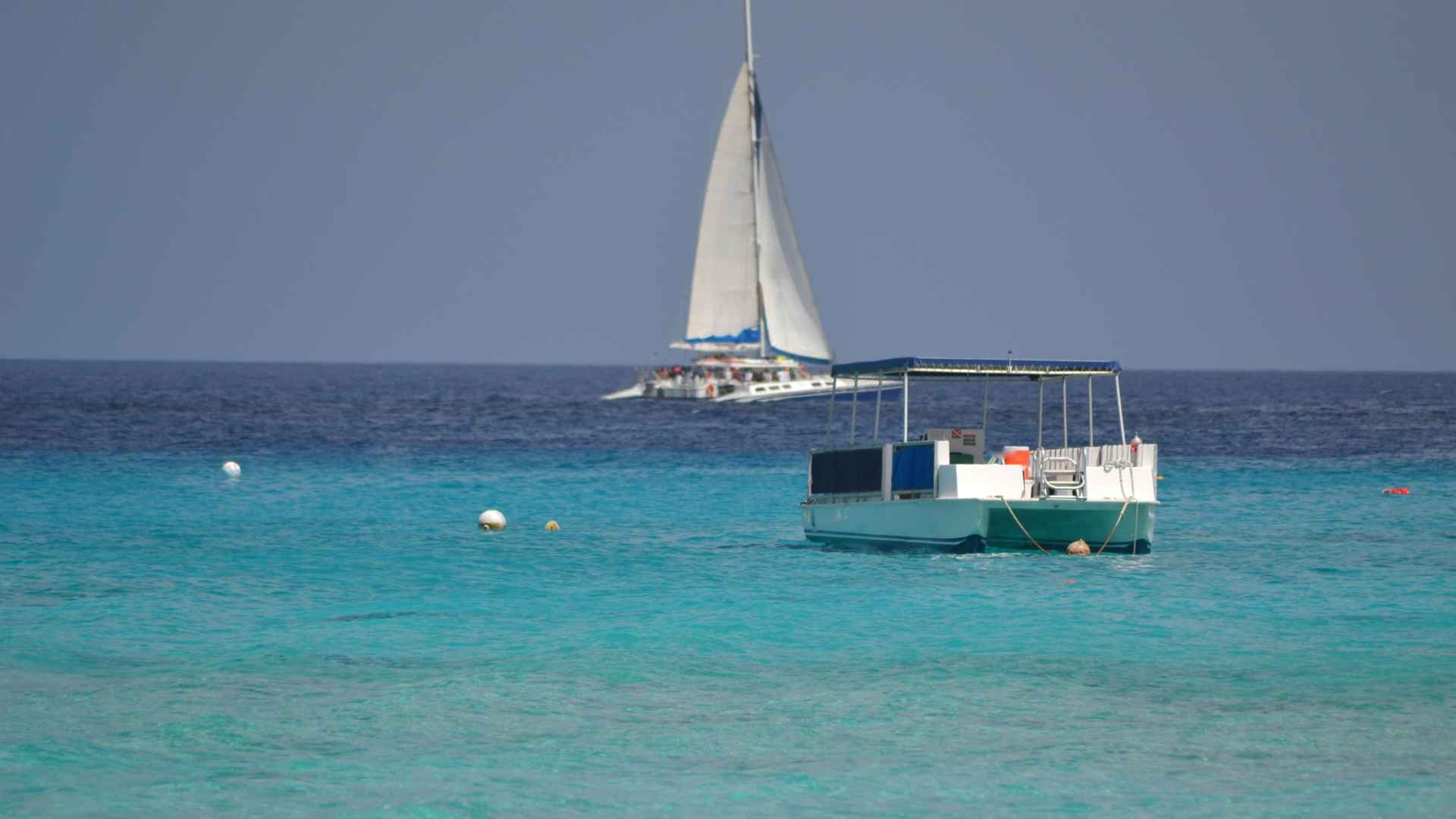
When considering weight capacity and payload, tritoon boats generally have an advantage over pontoon boats. The additional pontoon in tritoons provides increased buoyancy and stability, allowing them to support a higher weight capacity compared to traditional pontoon boats.
Tritoons are designed to handle heavier loads, which means they can accommodate more passengers, gear, and equipment without compromising stability or performance. The added stability of tritoons allows for a more even weight distribution, reducing the risk of overloading or instability.
Pontoon boats, while still capable of carrying a considerable amount of weight, may have a lower weight capacity compared to tritoons. The two-pontoon design of pontoon boats, although versatile and spacious, may have limitations in terms of the total payload it can carry.
When choosing between tritoons and pontoon boats, it’s important to consider the intended use of the boat and the number of people or items it will need to carry. If you anticipate frequently having a larger number of passengers or carrying heavy equipment or supplies, a tritoon boat may be the more suitable choice due to its higher weight capacity.
Additionally, considering the weight distribution is crucial for both tritoons and pontoon boats. It’s essential to distribute the weight evenly across the boat to maintain stability and optimize performance. Overloading one side or the rear of the boat can affect its balance and handling, potentially compromising safety and maneuverability.
It’s worth noting that specific weight capacities can vary depending on the model, size, and design of the boat. It’s always recommended to consult the manufacturer’s specifications and guidelines to ensure the boat’s weight capacity is not exceeded.
In summary, tritoon boats generally offer a higher weight capacity and can accommodate more passengers and gear compared to pontoon boats. This makes tritoons a suitable choice for those who anticipate carrying heavier loads or larger groups of people. However, it’s important to consider the intended use and the specific weight requirements when making a decision between tritoons and pontoon boats.
Cost and affordability factors associated with Tritoons and Pontoon boats.
When comparing the cost and affordability of tritoons and pontoon boats, it’s important to consider that tritoons generally tend to be more expensive than pontoon boats. This price difference is primarily due to the additional pontoon and enhanced features that tritoons offer.
Tritoons typically have a higher price tag because they require an extra pontoon tube, which adds to the manufacturing and materials costs. The increased stability, handling, and performance characteristics of tritoons also contribute to their higher price point.
On the other hand, pontoon boats provide a more budget-friendly option for those who are looking for a recreational watercraft without the need for additional pontoon and performance features. Pontoon boats can still offer a wide range of recreational possibilities, including cruising, fishing, and entertaining, at a more affordable price compared to tritoons.
The cost difference between tritoons and pontoon boats may vary depending on factors such as brand, size, optional features, and customization. It’s essential to consider your budget and prioritize your specific needs and preferences when deciding between the two options.
While tritoons may have a higher upfront cost, it’s worth considering the long-term benefits and enjoyment they can provide. If you have specific requirements, such as engaging in water sports activities or navigating rougher water conditions, the enhanced stability and performance of tritoons may be well worth the investment.
Ultimately, the choice between tritoons and pontoon boats will depend on your budget, desired features, and intended use of the boat. It’s recommended to research and compare prices, consider different financing options if necessary, and carefully evaluate the value and benefits each option offers before making a decision.
What are the considerations for specific boating activities when choosing between Tritoon and Pontoon boats?
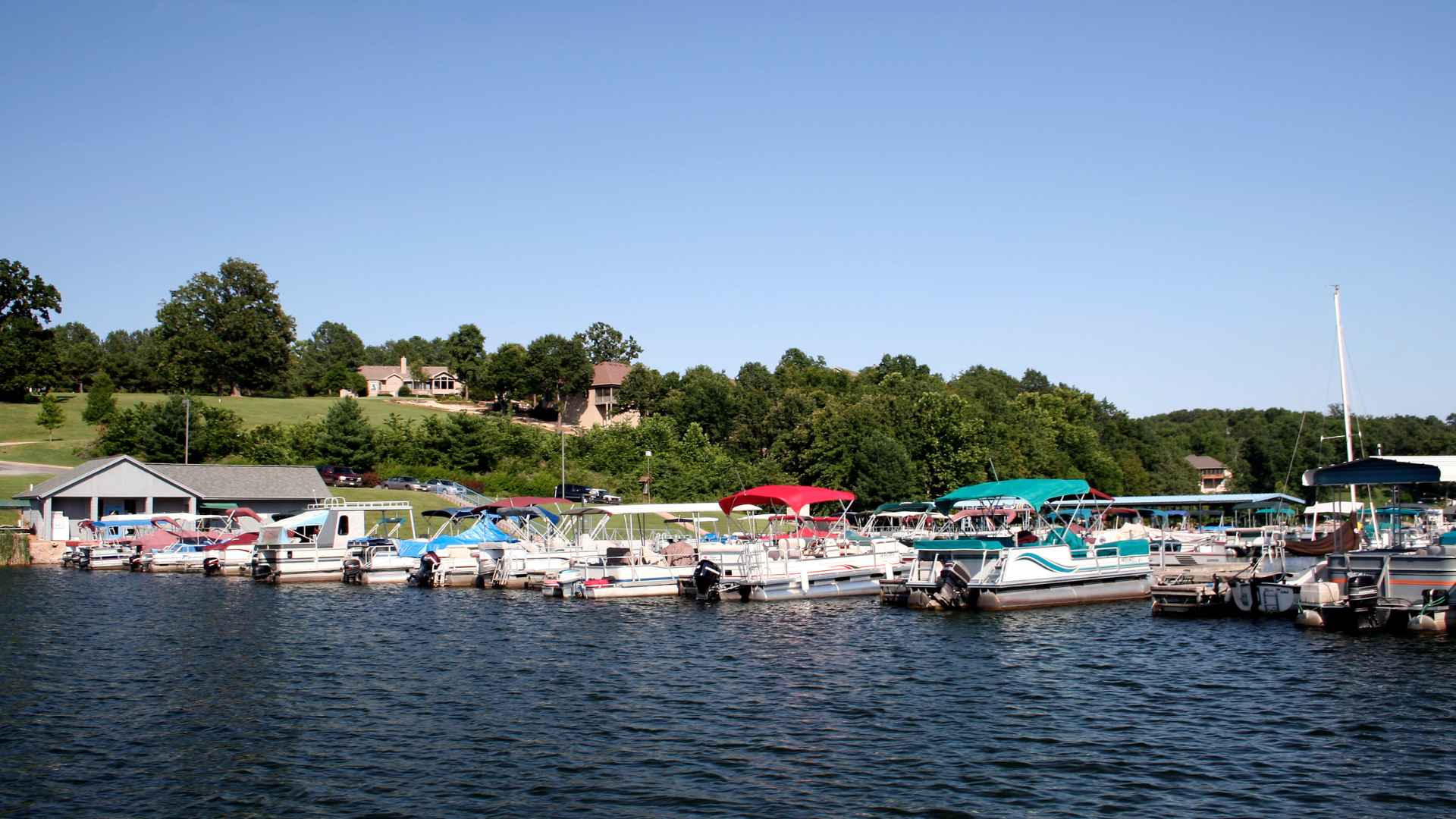
When choosing between tritoons and pontoon boats, it’s important to consider the specific activities you plan to engage in on the water. Both types of boats have their strengths and are well-suited for different purposes.
Pontoon boats are excellent choices for leisurely cruising, fishing, and entertaining on calm waters. They provide a stable and spacious platform for relaxation and socializing with friends and family. Pontoon boats typically have ample seating, storage options, and amenities like built-in tables, sun loungers, and even grills. These features make them ideal for enjoying a day on the water, hosting gatherings, or simply cruising along at a comfortable pace. Pontoon boats excel in providing a relaxed and enjoyable boating experience.
On the other hand, tritoons are specifically designed to offer enhanced performance and handling, making them ideal for more adventurous activities. Tritoons shine in water sports activities such as tubing, skiing, wakeboarding, and even more high-speed cruising. Their additional pontoon provides increased stability and maneuverability, allowing for sharp turns, quick acceleration, and better control. Tritoons are often equipped with higher horsepower engines, which enable them to reach faster speeds and handle rougher waters more effectively. If you have a passion for water sports or enjoy exploring different water conditions, a tritoon might be the preferred choice.
When considering your boating activities, it’s essential to align your boat’s capabilities with your specific needs. If your primary focus is on leisurely cruising, fishing, and entertaining, a pontoon boat will provide the comfort and functionality you require. However, if you’re seeking more excitement and adrenaline-filled water sports or desire to navigate rougher waters, a tritoon’s enhanced performance and stability will better suit your needs.
It’s important to note that both tritoons and pontoon boats offer customization options and accessories to enhance their versatility for different activities. Whether it’s adding fishing features to a pontoon boat or selecting water sports packages for a tritoon, you can tailor your boat to some extent to meet your specific requirements.
Consider your preferred activities, consult with boating experts or dealers, and test drive different models to determine which type of boat – tritoon or pontoon – aligns best with your interests and aspirations on the water.
Watch Tritoon vs. Pontoon | what’s the difference? | Video
Top 5 FAQs and answers related to Tritoon vs Pontoon
What is the main difference between a tritoon and a pontoon boat?
The main difference is the number of pontoons. A tritoon has three pontoons, while a pontoon boat has two.
Are tritoons more stable than pontoon boats?
Yes, tritoons are generally more stable due to the addition of a third pontoon. This extra pontoon improves stability and reduces side-to-side rocking.
Which one is faster, a tritoon or a pontoon boat?
Tritoons tend to be faster than pontoon boats. They often have higher horsepower ratings, allowing them to reach faster speeds and better handle water sports activities.
Are tritoons more expensive than pontoon boats?
Yes, tritoons are typically more expensive than pontoon boats. The additional pontoon and enhanced features contribute to their higher price tag.
Which type of boat is better for fishing, a tritoon or a pontoon boat?
Pontoon boats are generally better suited for fishing due to their stable and spacious platforms. They offer ample seating, storage options, and amenities that enhance the fishing experience. However, tritoons can also be equipped with fishing features and accessories to make them suitable for fishing activities.
Conclusion
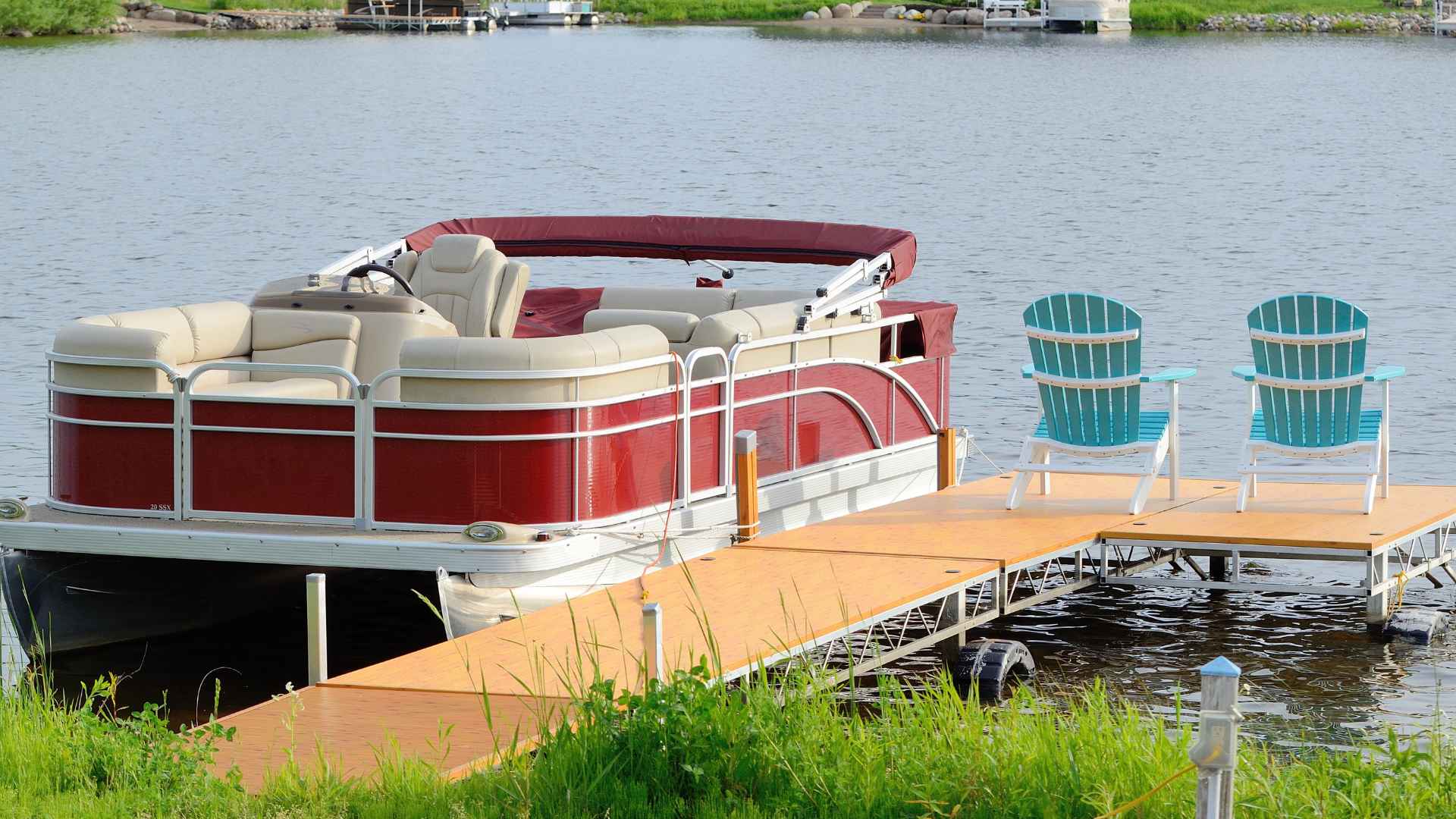
In conclusion, tritoons and pontoon boats offer distinct features and advantages, catering to different boating preferences and activities. Tritoons provide enhanced stability, handling, and performance, making them ideal for adventurous water sports and rougher waters.
Pontoon boats excel in leisurely cruising, fishing, and entertaining on calm waters. While tritoons generally come with a higher price tag, pontoon boats offer a more budget-friendly option without compromising on recreational possibilities.
Ultimately, the choice between tritoons and pontoon boats depends on personal preferences, intended use, and budget. By carefully assessing your needs and considering the characteristics of both options, you can make an informed decision that aligns with your boating goals.
Share Tritoon Vs. Pontoon: How Are They Different? Guide with your friends and Leave a comment below with your thoughts.
Read Why Do Boats Porpoise: Causes and Solutions Guide until we meet in the next article.